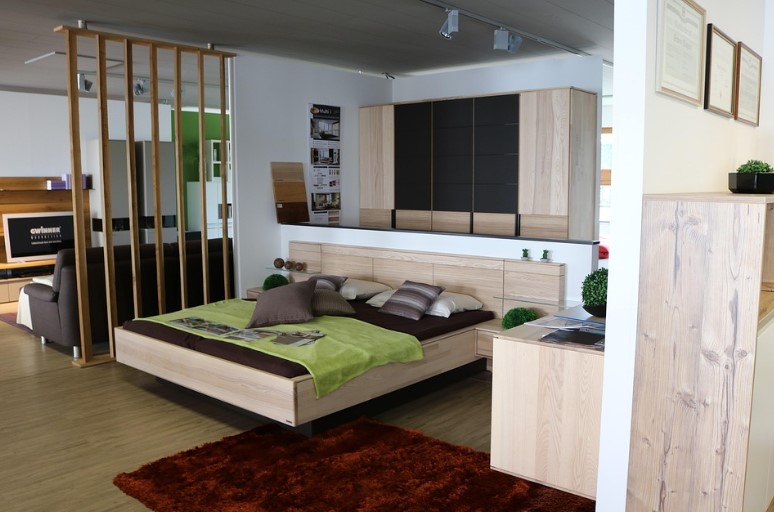
Melbourne, Australia’s vibrant cultural capital, attracts millions of visitors each year—from business travellers and digital nomads to families on vacation and international students. When it comes to choosing where to stay, two options dominate the market: hotels and serviced apartments. While both offer unique benefits, the best choice depends on your travel purpose, length of stay, and personal preferences.
This article breaks down the key differences between serviced apartments and hotels in Melbourne to help you determine which one suits your needs best.
1. Space and Layout
Hotels:
Hotel rooms, especially standard ones, are designed primarily for short stays. While high-end hotels may offer spacious suites, the majority of hotel rooms are compact, typically featuring a bed, a small desk, and a bathroom.
Serviced Apartments:
These offer significantly more space. Even a one-bedroom serviced apartment will include separate living, dining, and sleeping areas, and often a private balcony. For families, groups, or those on extended stays, this additional space adds comfort and practicality.
Winner: Serviced apartments – ideal for those who value space and a home-like environment.
2. Kitchen and Laundry Facilities
Hotels:
Most hotel rooms do not include full kitchens. While mini-bars, coffee makers, and room service are common, you’ll likely need to dine out or order in.
Serviced Apartments:
These come with a fully equipped kitchen, including a stovetop, oven, microwave, fridge, cookware, and utensils. Many also offer in-room laundry facilities—a huge advantage for longer stays.
Winner: Serviced apartments – greater flexibility and cost savings through self-catering and on-site laundry.
3. Length of Stay
Hotels:
Best for short trips (1–3 nights) or when luxury amenities like daily cleaning, room service, and concierge are top priorities.
Serviced Apartments:
Better suited for medium to long-term stays (1 week or more). Many offer discounted rates for extended bookings, making them popular among corporate travellers, relocating professionals, and even medical tourists.
Winner: Serviced apartments – ideal for longer stays with a focus on value.
4. Cost and Value
Hotels:
You’ll pay a premium for daily servicing, amenities, and convenience, especially in central Melbourne. For short stays, this can be worth it—but costs add up quickly.
Serviced Apartments:
Generally offer better value per night, especially when staying longer or sharing with others. Cooking meals and doing laundry yourself can also help reduce travel expenses.
Winner: Serviced apartments – more budget-friendly for extended or group stays.
5. Privacy and Independence
Hotels:
You may encounter frequent staff interaction for housekeeping, room service, and concierge help. For some, this is a benefit. For others, it feels intrusive.
Serviced Apartments:
These are designed for a more independent stay. You check in, settle in, and live like a local—often with minimal staff interaction unless requested.
Winner: Serviced apartments – greater autonomy and privacy.
6. Location Options in Melbourne
Both hotels and serviced apartments are widely available in Melbourne’s popular districts, including the CBD, Docklands, Southbank, Richmond, and St Kilda.
Corporate Keys, for example, offers furnished serviced apartments in premium Melbourne locations, ideal for corporate clients, hospital visitors, and relocating families. Their properties include everything from studios to three-bedroom apartments with flexible lease options.
7. Amenities and Services
Hotels:
Typically includes on-site restaurants, bars, gyms, pools, business centres, and room service.
Serviced Apartments:
While many also feature on-site amenities such as gyms or rooftop spaces, they’re generally less service-heavy. Some properties offer weekly cleaning rather than daily.
Winner: Hotels – for those who want a resort-style experience.
8. Who Should Choose What?
Hotels are best for:
Serviced Apartments are best for:
Final Thoughts
The Melbourne accommodation scene offers something for everyone. Hotels remain a solid choice for travellers prioritising convenience, service, and amenities. However, serviced apartments provide the space, flexibility, and cost-effectiveness many modern travellers are now looking for—particularly those staying longer or travelling with others.
Before booking, consider your priorities: space, price, location, independence, and duration. If you're looking for a “home away from home” with all the essentials, serviced apartments might just be the smarter choice for your Melbourne stay.